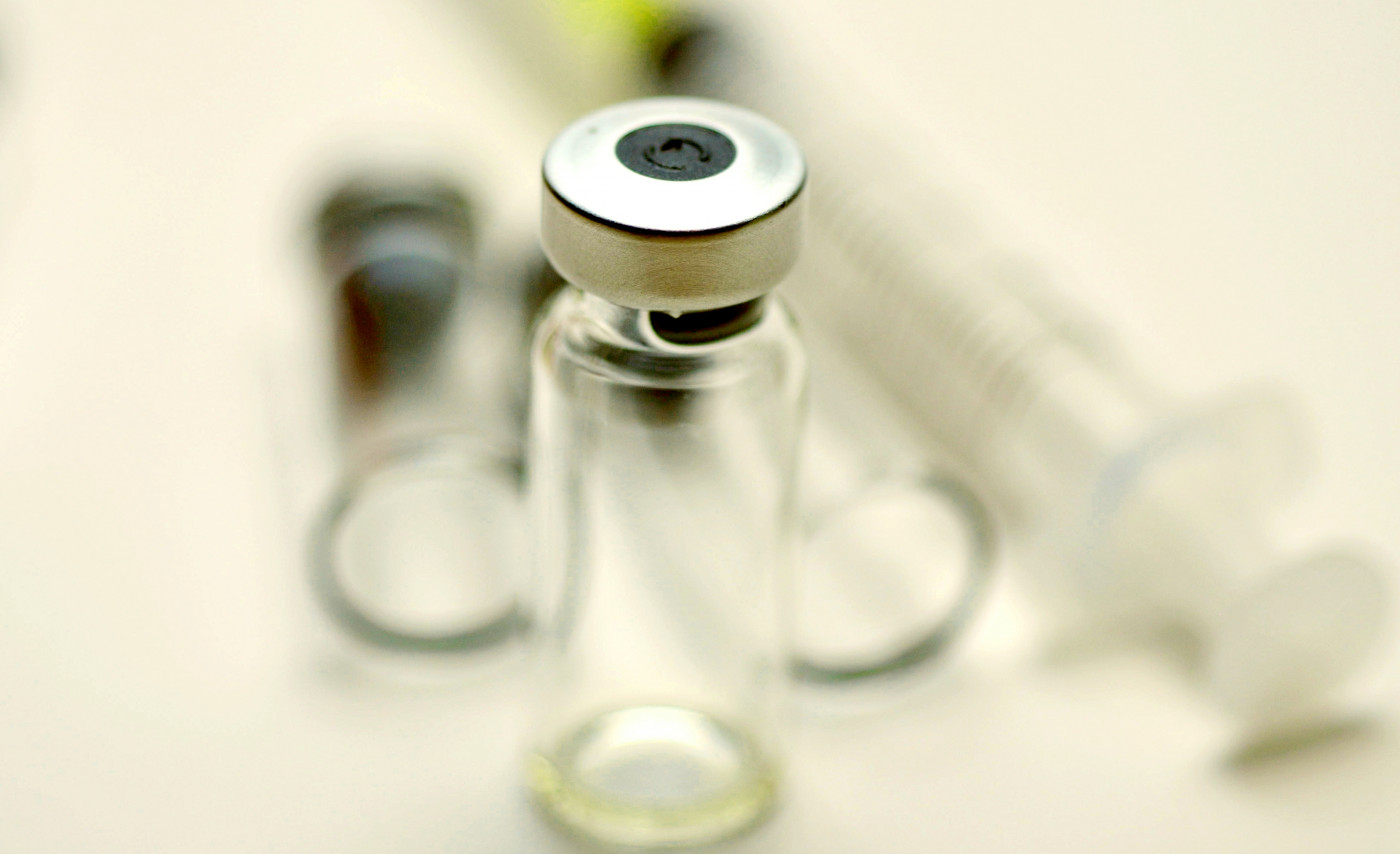Mapi Pharma, Mylan Partner to Develop Once-monthly Glatiramer Formulation
Written by |

Mylan and Mapi Pharma will jointly develop and commercialize Glatiramer Acetate (GA) Depot, an investigative, long-lasting formulation of the commonly used multiple sclerosis (MS) therapy Copaxone (marketed by Teva Phatmaceutical).
Under the terms of the partnership, Mylan will acquire global marketing rights for the therapy.
The companies are in the process of preparing an investigational new drug application to be submitted to the U.S. Food and Drug Administration, as well as to other global health authorities. Also, they will initiate a pivotal Phase 3 clinical trial to support a future marketing application for GA Depot.
“As one of Israel’s leading biotech companies, we are pleased and excited to have partnered and collaborated with Mylan in bringing this very important new product to the millions of MS patients around the globe,” Ehud Marom, CEO and chairman of Mapi Pharma, said in a press release.
“GA Depot is expected to significantly improve the mode of treatment for patients with MS by reducing the number of injections, easing the treatment burden, and increasing patient compliance,” Marom added.
GA Depot was designed to be administrated via injection once a month for the treatment of relapsing-remitting MS (RRMS), instead of the daily 20 mg or thrice-weekly 40 mg recommended for treatment with Copaxone.
Mapi Pharma has completed a prospective one-year Phase 2 clinical trial (NCT02212886). The study was conducted in eight clinical sites in Israel and included 24 patients with RRMS who had been treated previously with the approved drug (Copaxone) for at least one year.
The trial showed that administration of a 40 mg dose of GA Depot was safe and well-tolerated by patients. The most common adverse effects reported were injection site reactions that included pain, hardening, swelling, and skin redness, all of which were mild in severity and transient. In contrast to Copaxone, the new glatiramer formulation did not induce systemic immediate post-injection reactions.
Efficacy data suggested that GA Depot could sustain low relapse rates similar to those reported by patients during the previous one-year period with Copaxone therapy. Also, imaging brain analysis confirmed that 92 percent of the patients did not develop new lesions, and disease disability scores did not change during the trial.
“We recognize that medication convenience is very important to the MS community, and we believe that GA Depot, once approved, will provide an important and welcomed treatment option,” said Rajiv Malik, president of Mylan.
Recently, Mapi Pharma announced a Phase 2a trial (NCT03362294) that is going to evaluate GA Depot potential to treat patients with primary progressive MS (PPMS). The trial is being conducted in five clinical sites in Israel, and is expected to enroll 24 patients with a confirmed PPMS diagnosis and disability scores between 2 and 5.5, as determined by the expanded disability status scale (EDSS).


